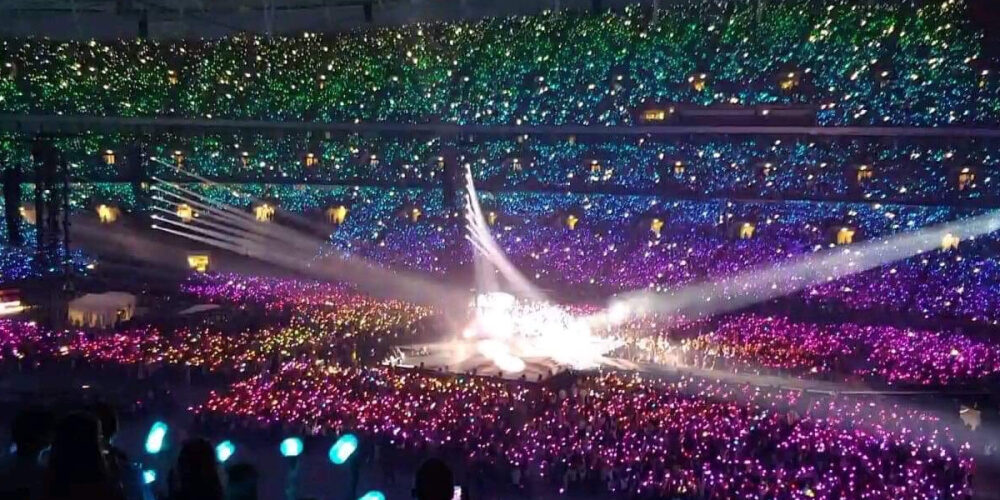My memory is crap. My wife will tell you that. Whenever she reminds me that my memory is crap, I utter four Korean syllables – yuhn tan ga seu – which loosely translated, is charcoal induced carbon monoxide poisoning. Back when I was growing up in a third-world Korea in the 1970s, most families heated their homes with charcoal cylinders that they would light up and put underneath the floor to heat up the room.
It was incredibly unsafe, and people died all the time in their sleep of carbon monoxide poisoning. I almost died twice when I was 5 and 7. This, I tell my wife, is why my memory is crap.
Which is why it’s surprising to me that I remember a particular episode of American Idol. It was one of the early seasons, maybe season 2 or 3, during the early audition phase of the show. A Korean-American guy was auditioning and he broke out in a pretty good rendition of Seo Taiji, one of the early pioneers of Korean rap who was huge in Korea at the time. This was long before the advent of K-pop in the US, and the three judges looked at this auditioner like he was a crazy person.
Finally, Simon Cowell said something like, “what the hell was THAT?” I was embarrassed for the guy, and for some reason, for me. I think it tapped into my own deep anxieties of otherness, which is probably why I remember it to this day. It was odd to see a Korean person performing on TV, odder still that he was singing in Korean.
Fast-forward 16 years later, and K-pop is everywhere. Its rise in the US seems to have occurred virtually overnight. In the past seven years, K-pop has grown from a niche genre to a $5 billion global behemoth as of 2018, according to Rolling Stone. Its fan-base is young, passionate, and organized. They seem to move as one, particularly on social media – like a massive online school of fish.
Maria Sherman, a senior writer at Jezebel and the author of the forthcoming “Larger Than Life: A History of Boy Bands from NKOTB to BTS,” told the New Yorker, “K-pop sociality is predicated on digital coordinated action and publicity. Mobilizing quickly is the foundational K-pop stan experience, because those armies take an active, participatory role in their consumerism.”
Musically, K-pop is heavily influenced by music invented by black Americans like New Jack Swing and hip-hop. Mega-group BTS is especially adored by its fans for its positive messaging. It’s no surprise then that the young K-pop fans seem particularly open to the benefits of embracing other cultures and are especially perceptive to racial inequality.
These elements in the K-pop fandom came together beautifully this past week when they mobilized en-masse in supporting the now global racial justice movement. BTS and its label Big Hit Entertainment contributed $1 million dollars to BlackLivesMatter. Within two days, their fans mobilized to raise an additional $1 million for the cause. No doubt you’ve seen the articles as it was covered by many mainstream outlets.
I was moved to read these stories. I marveled at how quickly something that was so foreign in America not so long ago has become an agent of engagement, a tool to fight injustice.
The country of my birth – one that was so poor that people were dying just to heat their homes – has risen within one generation to provide platforms and act as catalyst for racial justice that is resonating throughout the whole world. Whether it’s BTS, David Chang, or the Oscar winning director Bong Joon Ho, Koreans and Korean Americans are rising up and inspiring others to stand with those whose voices have not yet been sufficiently heard. I could not be more proud.





